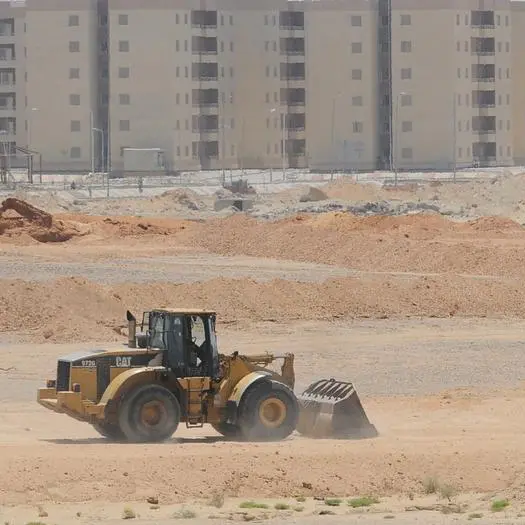Some 11 years after the United Arab Emirates acceded to the New York Convention, the UAE government announced that the Federal National Council (the equivalent of a parliament) had finally approved its draft Federal Arbitration Law on 27 February 2018.
Discussions regarding the need for, and the drafting of, a draft Federal Arbitration Law ("FAL") for the UAE have been ongoing for over a decade. Although both of the UAE's offshore jurisdictions, the DIFC and the ADGM, possess their own international standard arbitration laws, the UAE's onshore arbitration laws have been confined to a small number of provisions in the country's general code of civil procedure. The FAL, when it comes into force, will replace those provisions, with its application limited to onshore UAE.
The UAE Government has not yet confirmed the content of, or the commencement date for, the FAL and any commentary within the industry is largely based on what is expected to be included in the FAL. Nevertheless, it is understood that the draft closely follows the UNCITRAL (United Nations Commission on International Trade Law) Model Law (“Model Law”) – an international template for national arbitration laws, with some commonly applied regional variations.
The significance of this long-awaited development should not be understated. The UAE has long been a regional hub for international arbitrations, and there has been a notable increase in parties doing business in the UAE opting to include arbitration agreements in their contracts. This has resulted in a steady increase in the number of arbitrations between those doing business in the UAE. Throughout this period, the laws governing arbitration have remained unchanged and underdeveloped, until now.
It is therefore hoped that the FAL will modernise the law governing arbitration and perhaps address some of the shortcomings of the current system. With an increasing number of parties seeking to enforce arbitration awards in the UAE from arbitrations administered by DIAC, the ICC and the DIFC-LCIA; most UAE arbitration practitioners will be hoping for a clear and strict enforcement regime.
It is understood that the FAL will replace articles 203 to 218 of chapter three of the UAE Civil Procedure Law, and are therefore likely to deal with the following issues, (among others):
The procedure (including exhaustive grounds) for applying to set aside awards to limit the scope of such challenges; the procedure for local courts to refer a matter to arbitration; the separability of an arbitration agreement; the procedure for challenging an arbitrator; the expected recognition and enforcement procedure for awards made in onshore UAE courts; the procedure for awarding costs; nationality requirements when appointing an arbitrator; and the presumption of confidentiality of arbitral awards.
If, as expected, the FAL closely resembles the Model Law, it will be a significant milestone for the UAE and will bring it in line with its neighbours Saudi Arabia, Oman and Qatar. The Model Law has been used as the foundation for arbitration laws adopted in 78 States, in a total of 109 jurisdictions.
A number of further steps are needed before the FAL comes into force, though. It needs to be presented to the President of the UAE and the Supreme Council for their approval. If passed by the Supreme Council, the President will sign and promulgate the FAL. It must then be published in the Federal Gazette within two weeks, and will come into force within one month from its publication, unless a different effective date is contained in the law.
The FAL is a landmark development for the UAE and the news of its approval has been enthusiastically received by the majority of the UAE arbitration community, who are keen to see the UAE embrace and implement a more comprehensive, modern framework to govern the rising number of complex international arbitrations within the region.
Any opinions expressed here are the author’s own
Disclaimer: This article is provided for informational purposes only. The content does not provide tax, legal or investment advice or opinion regarding the suitability, value or profitability of any particular security, portfolio or investment strategy. Read our full disclaimer policy here.
© Opinion 2018





















